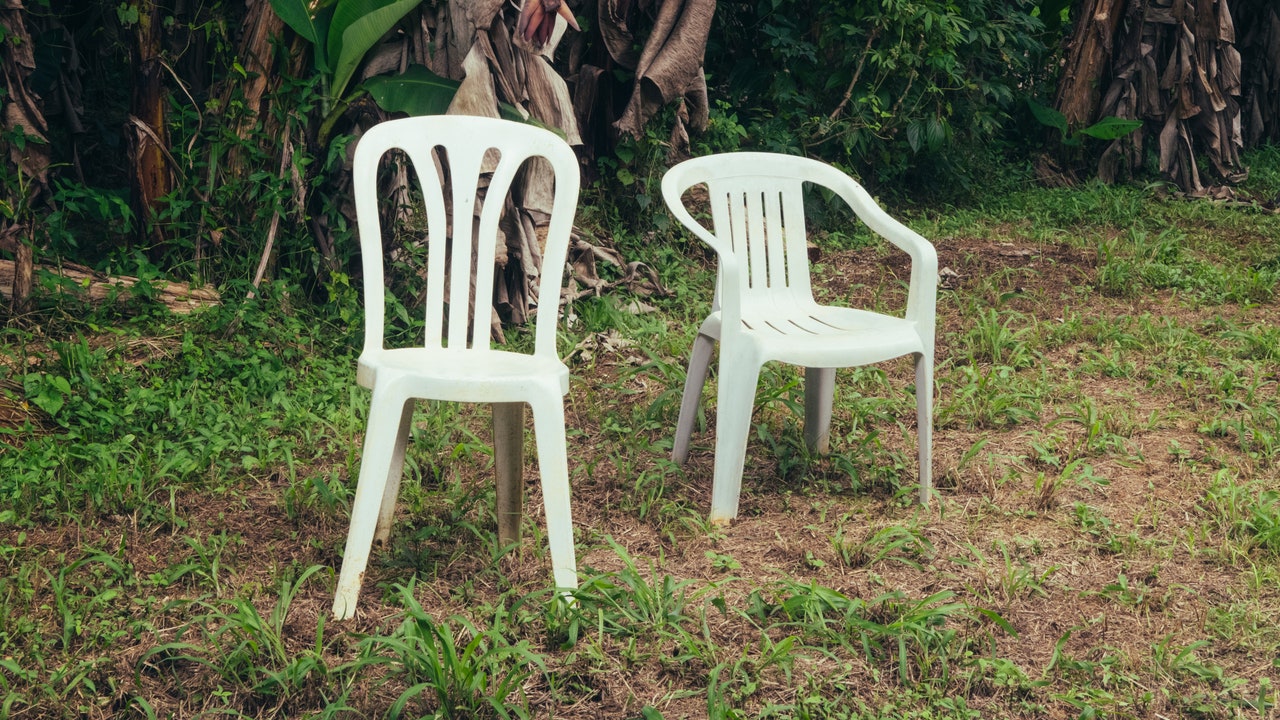Across five studio albums in just over six years, Bad Bunny has made music for the masses without sacrificing his culture. Now, as he enters his 30s, Benito has paused to reflect on this unprecedented moment: a time when música urbana has surged onto the global stage and risks being diluted by its own commodification. He could’ve recruited the biggest names in Latin music to chase more Grammys and streams. Instead, Bad Bunny returned to his beloved Puerto Rico, forging a deeper connection to his community and producing his most profound statement yet. In a fraught political moment following the victory of Donald Trump and a devastating loss for the Puerto Rican Independence Party in the 2024 election, Bad Bunny’s sixth studio album, DeBÍ TiRAR MáS FOToS (I Should Have Taken More Photos), is a bold declaration—a groundbreaking testament to his evolved artistry and vision for the future of música urbana.
Its release date, January 5th, marks not just the eve of Día de los Reyes (Three Kings Day) but a week of historical significance for Puerto Ricans. Roughly 157 Januaries ago, Bori revolutionaries established the Comité Revolucionario de Puerto Rico during political exile in the Dominican Republic, drafted the first flag in solidarity with Dominican and Cuban designs, and sparked el Grito de Lares in 1868, the island’s first armed uprising against Spanish colonial rule. Though the rebellion was crushed, its cultural and political symbolism had sown the seeds for Puerto Rican identity and independence. On album opener “NUEVAYoL,” Bad Bunny launches his own musical revolution in New York City, where exiled Grito participants produced the familiar sky-blue Bandera, a symbol of independence and defiance.
“NUEVAYoL” sets the fuse with 20 seconds of El Gran Combo’s 1975 salsa hit “Un Verano en Nueva York” before igniting into an explosion of Dominican dembow madness. It’s a savvy collision of past and present that swings a machete through the Boricua musical fabric. The smallest of details, like the crisp, reverberating crack of a home run or the mention of salsa icon Willie Colón’s debut, El Malo—prodigious boogaloo compositions recorded when he was only 16—are romantic in a distinctly Boricua way. DeBÍ TiRAR MáS FOToS is studied, deliberate, and intricate, interpolating multiple generations of Puerto Rican rhythms: Salsa, plena, bolero, and old-school perreo paired with today’s Latin pop and música urbana. Bad Bunny, ever the perreo scholar, lets the hand drums and Afro-Indigenous sounds live right alongside the hypnotic synth lines and sub-rattling bass.
